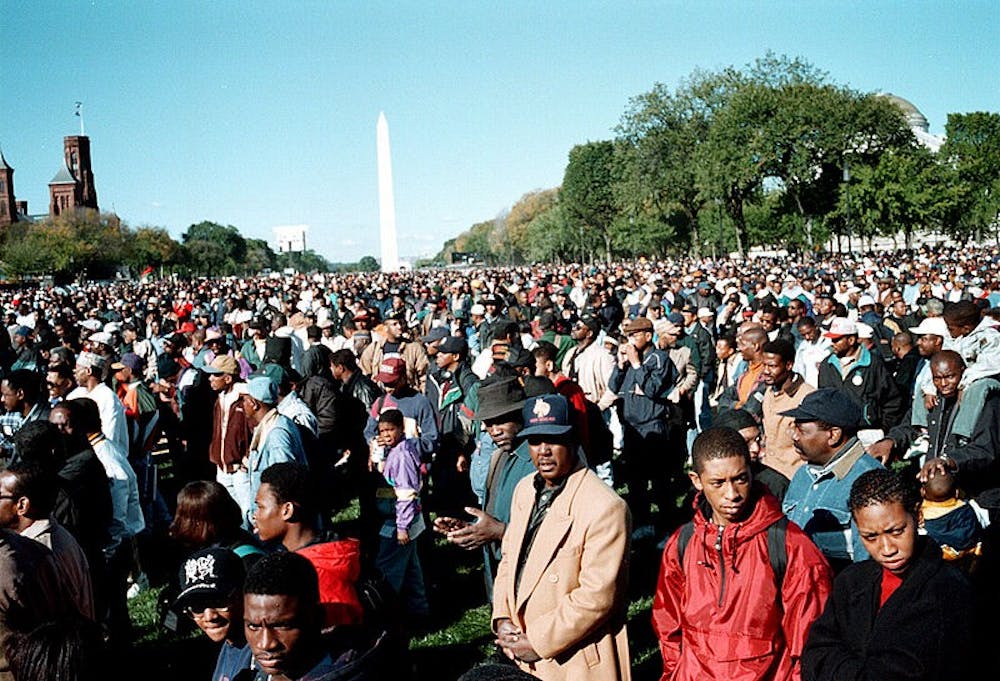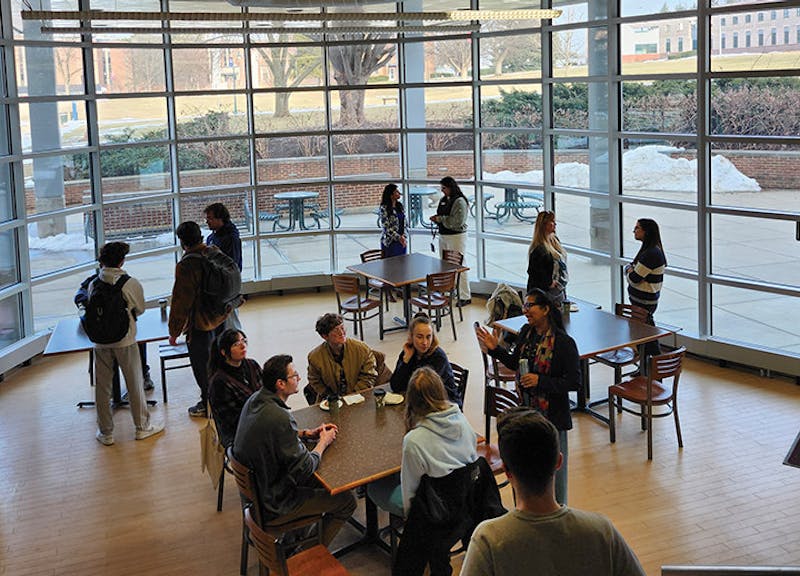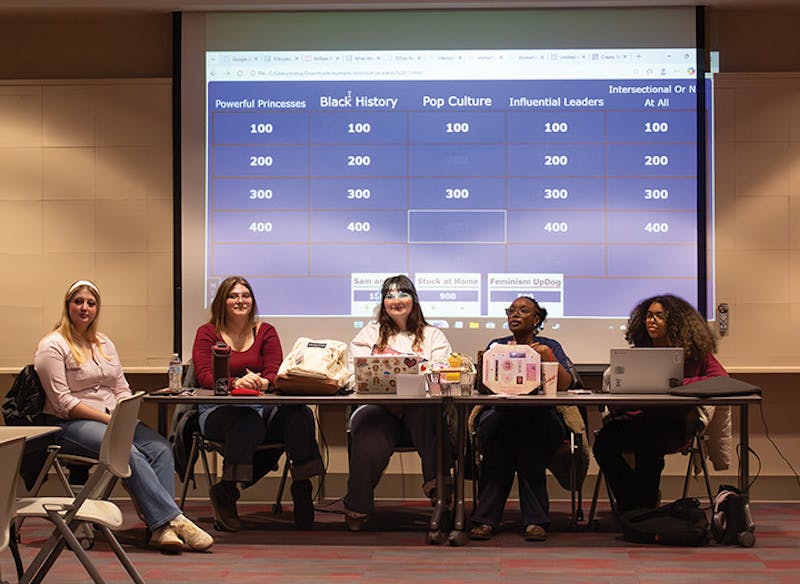Since 2012, events involving the murder of unarmed African-Americans have resulted in the creation of “Black Lives Matter” (BLM), a national organization fighting for the end of mistreatment of African-American citizens in the United States.
“Race still shapes the lives that we lead as Americans, the opportunities that we receive, the surveillance that we experience, the challenges that we encounter,” Corrine Bertram, Shippensburg University associate professor of the psychology department said. “The United States is a country still coming to terms with its history of white supremacy and this history continues to reverberate in our everyday lives, public policies, and institutions.”
BLM represents a movement similar to the Civil Rights Movement from 1954 to 1968 and politicians are starting to recognize this.
Sen. Elizabeth Warren gave a speech on Sept. 27 at the Edward Kennedy Institute in Boston, Massachusetts, in support of the movement.
“None of us can ignore what is happening in this country. Not when our black friends, family, neighbors literally fear dying in the streets,” Warren said, according to the Washington Post. “This is the reality all of us must confront, as uncomfortable and ugly as that reality may be. It comes to us to once again affirm that black lives matter, that black citizens matter, that black families matter.”
BLM activists intend to make their voices heard by presidential candidates, even if they have to make a lot of noise to do so.
In August, presidential candidate Hillary Clinton privately met with BLM activists to discuss their concerns. According to CNN, the group was not allowed into Clinton’s forum on substance abuse because the room reached full capacity. Race and police reform are now a significant part of Clinton’s campaign in support of BLM.
Protestors have taken over events of presidential candidates Bernie Sanders and Martin O’Malley.
After another planned protest in August Daunasia Yancey, founder of BLM in Boston told CNN there would be more interruptions of events from activists in the future.
Will the attention of politicians help the movement bring the change for African-Americans they deserve? Only time will tell.





The Slate welcomes thoughtful discussion on all of our stories, but please keep comments civil and on-topic. Read our full guidelines here.